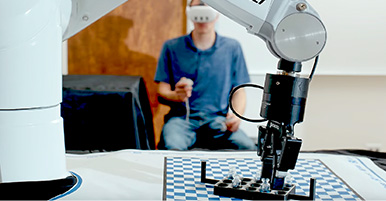Citation
Goldstone A, Javitz HS, Claudatos SA, et al. Sleep Disturbance Predicts Depression Symptoms in Early Adolescence: Initial Findings From the Adolescent Brain Cognitive Development Study. J Adolesc Health. 2020;66(5):567-574. doi:10.1016/j.jadohealth.2019.12.005
Abstract
Purpose:
The aim of the study was to investigate associations between sleep disturbances and mental health in adolescents.
Methods:
Data are from a national sample of 11,670 U.S. participants (5,594 females, aged 9-10 years, 63.5% white) in the Adolescent Brain Cognitive Development study. Initial longitudinal analyses were conducted for a subset of the sample (n = 4,951). Measures of youth sleep disturbance (disorders of initiating and maintaining sleep, sleep-wake transition disorders, and disorders of excessive somnolence) and “typical” total sleep time (number of hours slept on most nights in the past 6 months) were obtained from the parent-report Sleep Disturbance Scale (Data Release 2.0). Parent-report measures of youth mental health (depression, internalizing, and externalizing behaviors) from the Child Behavior Checklist and typical screen time were included.
Results:
At baseline, greater sleep disturbance and shorter total sleep time were associated with greater internalizing, externalizing, and depression scores. After controlling for baseline mental health symptoms, baseline sleep disturbance significantly predicted depression and internalizing and externalizing scores at 1-year follow-up. A significant interaction with sex indicated that the association between disorders of excessive somnolence and depression 1 year later was steeper for girls, compared with boys (p < .001; 95% confidence interval 1.04-3.45).
Conclusions:
Sleep disturbances predicted future mental health, particularly depression in this young sample, highlighting the potential to harness sleep as a tool to mitigate the persistence of depression across early adolescence and potentially prevent an adolescent onset of major depressive disorder.


